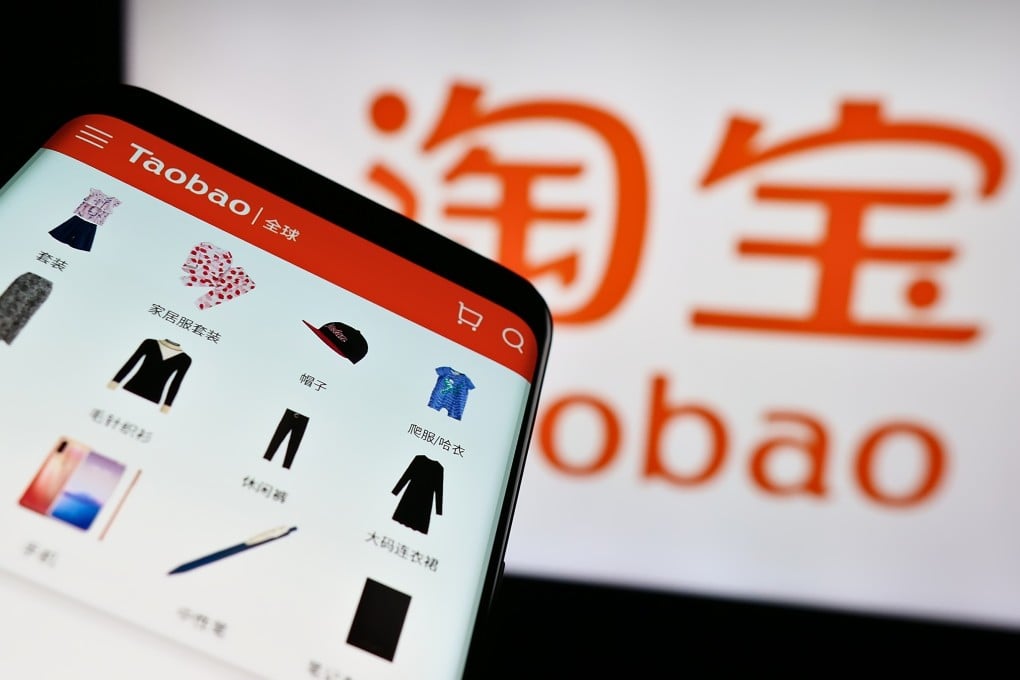Alibaba pushes back on excessive ‘refund without return’ requests to protect merchants
Analysts said an unchecked refund policy could hinder growth of China’s e-commerce industry, as it would take a toll on sellers’ profits

Alibaba Group Holding’s main e-commerce unit has rejected an average of over 400,000 refund requests from consumers per day in the past two months, according to data from Taobao and Tmall Group (TTG), in a pivot to balance the interests of merchants and consumers.
The practice of “refund without return” has gained popularity thanks to promotions by Pinduoduo, a competing marketplace run by PDD Holdings in China, offering consumers the right to keep both their money and purchased item at the cost of merchants.
Alibaba, which runs China’s largest online market, made key tweaks to its refund policy in early August, allowing some merchants to reject unreasonable refund requests from consumers. Alibaba owns the South China Morning Post.
It introduced a “store experience score” rating system, under which merchants with high scores would have the latitude to negotiate with consumers over refund requests and product complaints, rather than having the platform intervene first. It aims to reward merchants with good track records by giving them more autonomy in the after-sale process.

Alibaba was among the first to try and strike a balance between keeping shoppers happy and protecting merchants, after rivals resorted to aggressive refund policies to attract consumers.